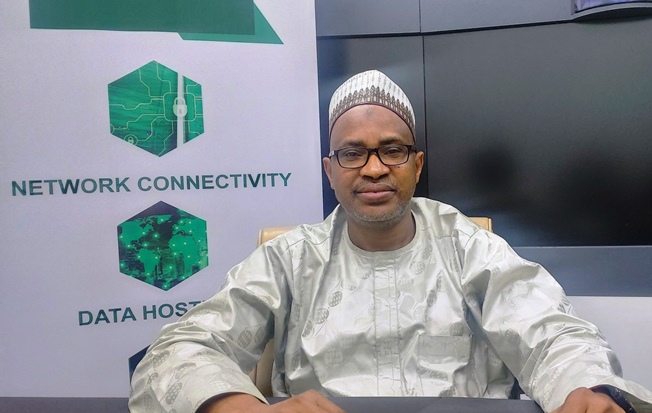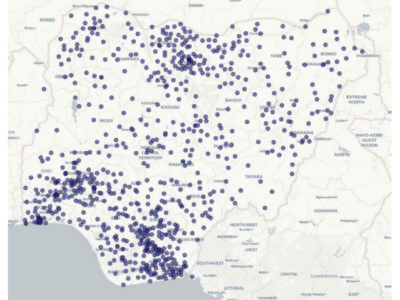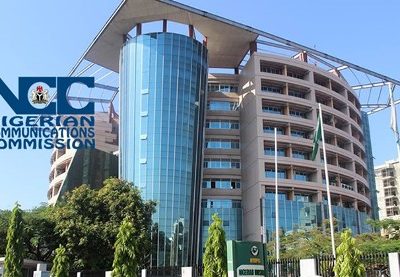Galaxy Backbone (GBB) Limited said it mitigated over 1.2 million cyberattacks during the 2023 Presidential and National Assembly elections on the 25th of February. The publicly owned IT and shared services company said the cyberattacks targeting government digital infrastructures for the presidential and national assembly elections were all successfully blocked.
RELATED: Why INEC is having problem with uploading result?
Managing Director of GBB, Prof Muhammad Abubakar, revealed this in Abuja this week at the opening session of a two-day ministerial training for GBB’s board members and management staff.
The ministerial training held under the theme: ‘Positioning the Agency’s Team for Effective Management and Leadership in the 4th Industrial Revolution.’
According to him, the centre recorded more than 200 cyberattacks on election day but the number escalated to in excess of 1.2 million during the collation the following days.
Abubakar spoke even as the National Electoral Commission (INEC) faces court actions and raging controversies over widespread allegations of tampering with results and glitches with its INEC Result Viewing Portal (IReV); the platform designed to provide real-time information to aid election transparency.
INEC failed to transmit the presidential election results online, relied on offline transmission results to its portal raising questions over the transparency of the process.
According to Abubakar, GBB countered several attacks to significantly reduce the potential of undermining the electoral process from a cybersecurity point of view.
His words: “Because of the elections, we came up with a business community and Cyberspace protection that is supposed to run for one month and at least one week after the gubernatorial elections. On election day alone, cyber-attacks cost $4b and how did we get to that, We have a reference, a single cyberattack cost $18,000 as of December 2023,”
“During the elections we countered more than 200 hundred attempted attacks And the next day it geometrically increased to about 1.2 million and all were blocked from our own end”
According to the Pew Research Centre, “as the pace and magnitude of cyberattacks have increased around the world, a new survey shows that people in multiple countries think it is likely that government data, public infrastructure and elections will be targeted by future hacks…There is general agreement across the 26 countries surveyed that all three forms of cyberattacks asked about – national security information being accessed, public infrastructure being damaged, and elections being tampered with – are likely scenarios.”





























